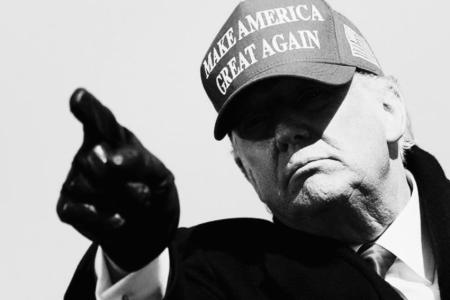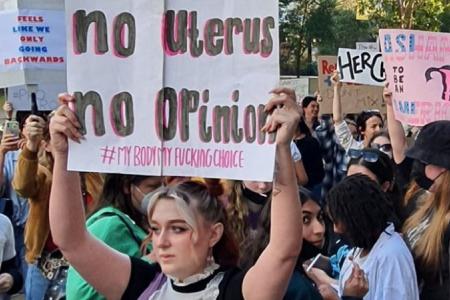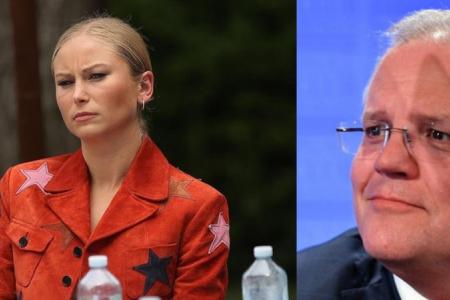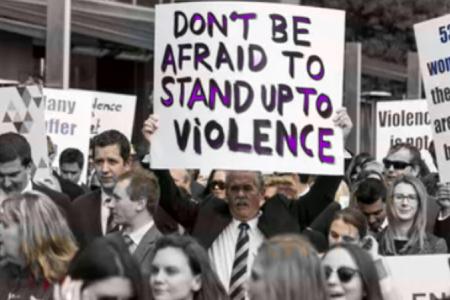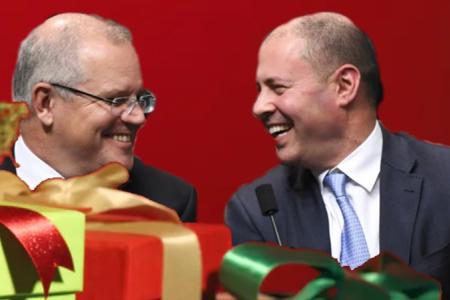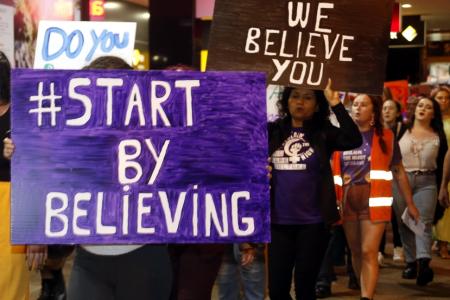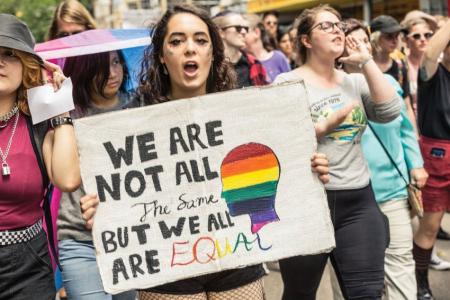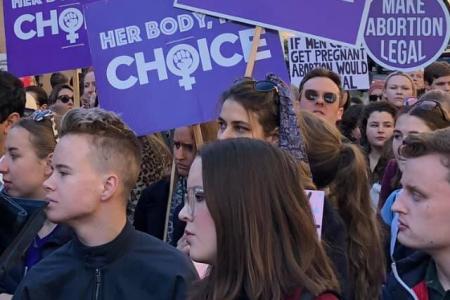Donald Trump’s victory has sent a wave of depression around the world, especially after the right-wing advances in Europe and the anti-immigrant race riots in England. Peter Boyle argues that the challenge for progressive movements has never been greater.
Women’s Rights
The right to decide whether to have children is fundamental. Continuing an unwanted pregnancy can impact a person in ways difficult to enumerate: their health; bodies; plans and hopes for their lives; families and relationships; work and career; and housing situation to name a few.
Grace Tame provoked outrage because she did not behave in a way she was expected to, particularly for a successful woman in the media spotlight. By not smiling, Tame did not take up her prescribed role; she was defiant, not submissive.
John Setka, the Victorian state secretary of the construction division of the Construction, Forestry, Mining and Energy Union (CFMEU) is again in the news as a result of allegations about family violence. One thing is clear, he should stand down.
Attorney general Christian Porter and Prime Minister Scott Morrison have tried their hardest to confuse, rather than address, the issues surrounding the credible allegations of rape against Porter.
There is a big lie at the heart of Frydenberg’s budget speech. The rich don’t need more public largesse; if they wanted to create more jobs they already have more than enough money to do this.
Arndt and Hanson are femicide deniers. Like climate change deniers who refuse to acknowledge the science, these two deny that the intentional killing of women is a growing problem that governments need to address.
Disgruntled homophobes in the Coalition were determined to bring in protections for religious institutions that want the right to discriminate: Morrison is the guy to deliver.
Every day, Australian women face the real prospect of violence.
The fight for women’s rights and against gendered violence is union business.
